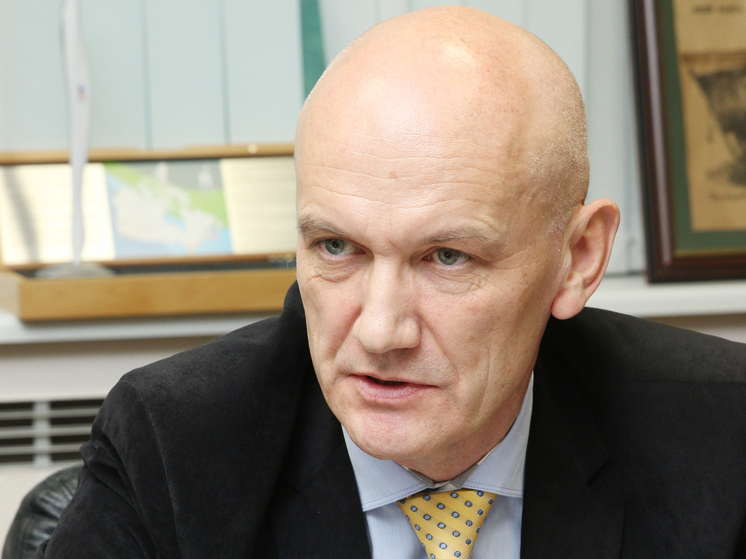“The Treasury issues an accounting approach, and the Ministry of Finance – on the merits”
The Federal Treasury announced that the federal budget deficit for the first four months amounted to almost 4 trillion rubles. The figure itself is very alarming: after all, at the end of this year the deficit is planned to be much more modest — 1.6 trillion. But what makes the Treasury data especially poignant is the fact that just two weeks ago the Ministry of Finance tentatively announced the size of the treasury deficit for 4 months, and it amounted to only 1.5 trillion rubles. So which number should you believe? The distance between the assessments of the two departments, as we see, is enormous.

As you know, by the end of this year the budget must be executed with a deficit of 1.6 trillion rubles. Now there are different estimates of this standard for the period January-April — from the Ministry of Finance and the Federal Treasury. The difference is approximately 2.5 trillion rubles, and it can hardly be called an arithmetic error.
It turns out that the departments disagreed on revenue estimates. The Ministry of Finance counted them at 11.6 trillion, while the Federal Treasury at 8.8 trillion.
But which number should we believe? The Treasury issued its comment 2 weeks later than the Ministry of Finance. It is logical to assume that his data is more accurate? If this is so, then the level of the deficit is simply off the charts!..
The Central Bank tried to clarify the confusion. The regulator indicates that the data on budget revenues was affected by the shift in April tax payments. They arrived at the treasury not on April 28 (it was a day off), but only on May 2.
In general, a favorable picture emerges for the Central Bank and the Ministry of Finance. Everything is under control; within four months we have reached the previously predicted deficit values. Who to believe and what figure to focus on? MK decided to turn to an independent expert.
“About the same incomprehensible situation with the federal budget deficit arose at the beginning of 2023,” explains Igor Nikolaev, chief researcher at the Institute of Economics of the Russian Academy of Sciences, Doctor of Economics. – When a single tax account was introduced, taxes that were supposed to go to the treasury in January were credited only in February. Then, too, there was a huge deficit, everyone asked: where did such a crazy failure in the budget come from? But it turned out to be purely arithmetic. Then the situation became clearer: not all income was counted. We are seeing the same thing now.
According to the Ministry of Finance, the monthly execution of the budget deficit since the beginning of the year has been quite smooth and also within the range of 1.5 trillion rubles. I am inclined to trust the Central Bank's explanation that the Treasury did not take into account income in April.
In this case, you need to trust the Ministry of Finance. The Federal Treasury demonstrates to us a purely accounting approach, and the financial department provides substantive data.
– Here, not everything is so simple. Data for a third of the year has been released, and we have already actually chosen the planned annual budget deficit. Although expenses, as you know, increase greatly at the end of the year. Therefore, most likely, we will not meet the planned figure; it will be higher.
– I think we will reach the level of 2-2.5 trillion rubles. This is not critical, slightly more than last year’s figure.
But Budget 24 will be tense. This is evidenced by the latest tax innovations in the country. The Ministry of Finance does not hide that the introduction of a progressive scale of personal income tax and changes in the income tax, among other things, will serve to fulfill the budget.
– There is no need to worry as long as everything is within normal limits . When the deficit is within the planned values, then we can assume that it does not greatly affect you and me. And if it falls out of this corridor, then the Ministry of Finance will have to look for additional income in order to make ends meet and fulfill all obligations. Where? Borrowing them from the domestic market. This means there is less money left for investment in the economy. Actually, in conditions of a budget deficit, the incomes of citizens and the profits of enterprises do not grow as much as we would like. Hence the inflation, which is not decreasing at all, and the weak exchange rate of the national currency. These factors, if not directly, then indirectly, of course, affect our real lives.


